 |
 |
 |
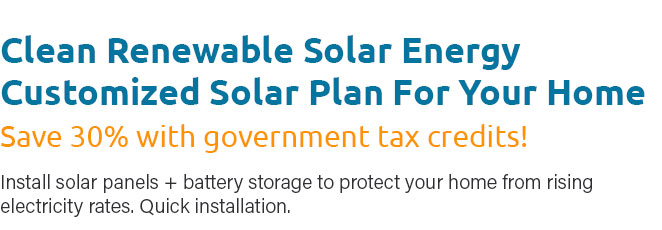 |
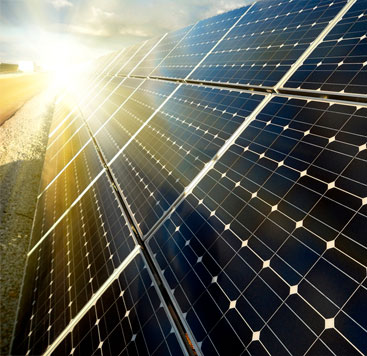 |
 |
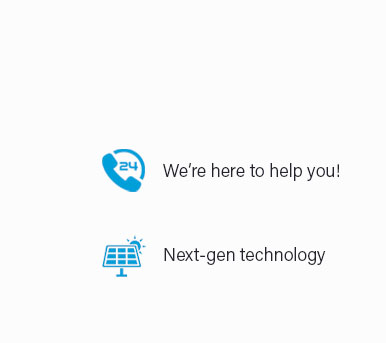 |
 |
 |
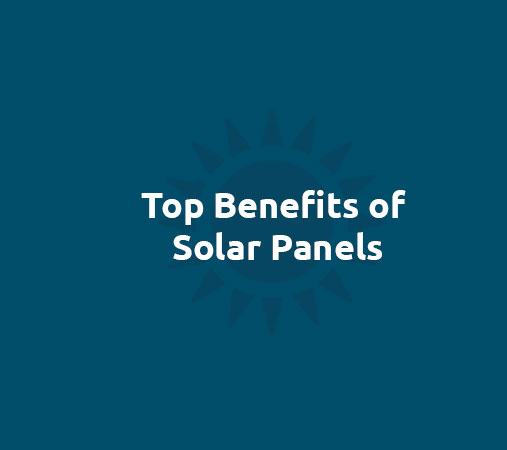 |
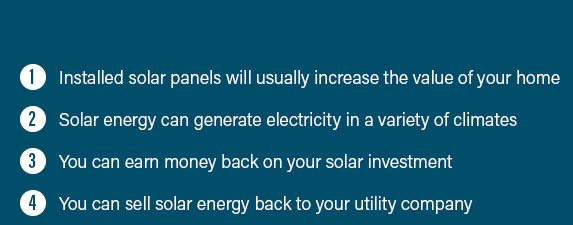 |
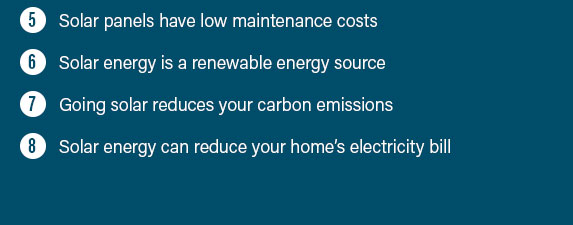 |
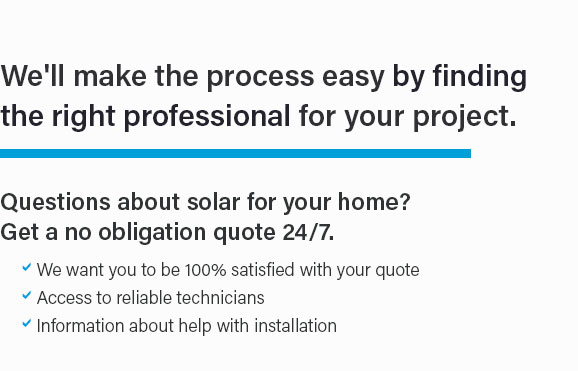 |
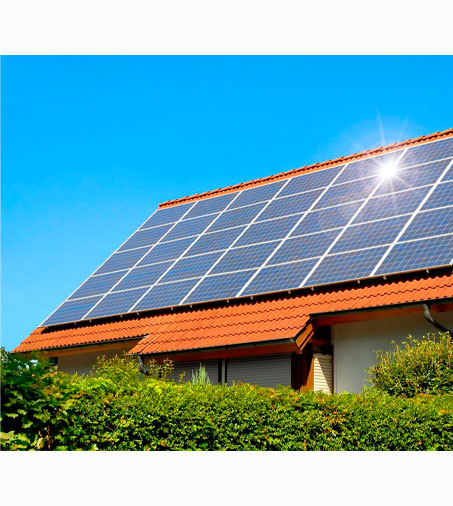 |
|
 |
 |
 |
|
Transform your home into a beacon of sustainable innovation with our premium solar panel installation quotes, where cutting-edge home solar system installation meets unbeatable transparency and efficiency, propelling you toward energy independence while saving on electricity bills; our expert team is ready to illuminate your path with customized solutions tailored to maximize your home's potential, blending advanced technology with seamless integration, so you can enjoy the brilliance of renewable energy today, tomorrow, and for years to come-are you ready to harness the power of the sun?
https://ipsunsolar.com/residential-solar-installation/
Our team of solar experts is here to help you harness the power of the sun with a custom solar panel system designed for your Northern Virginia, Maryland, or DC ... https://www.scoop.solar/blog/solar-panel-installation-tips/
The general rule within the industry is when installing solar panels have them facing the equator. Naturally, you might have to adjust due to ... https://www.energysage.com/solar/solar-panel-setup-what-you-need-to-know/
You want your solar panels placed in a sunny spot on your property. The panels should face south for optimal energy production, but they can ...
|